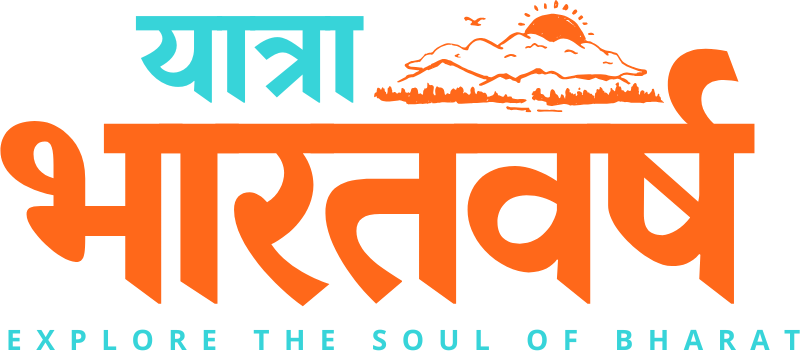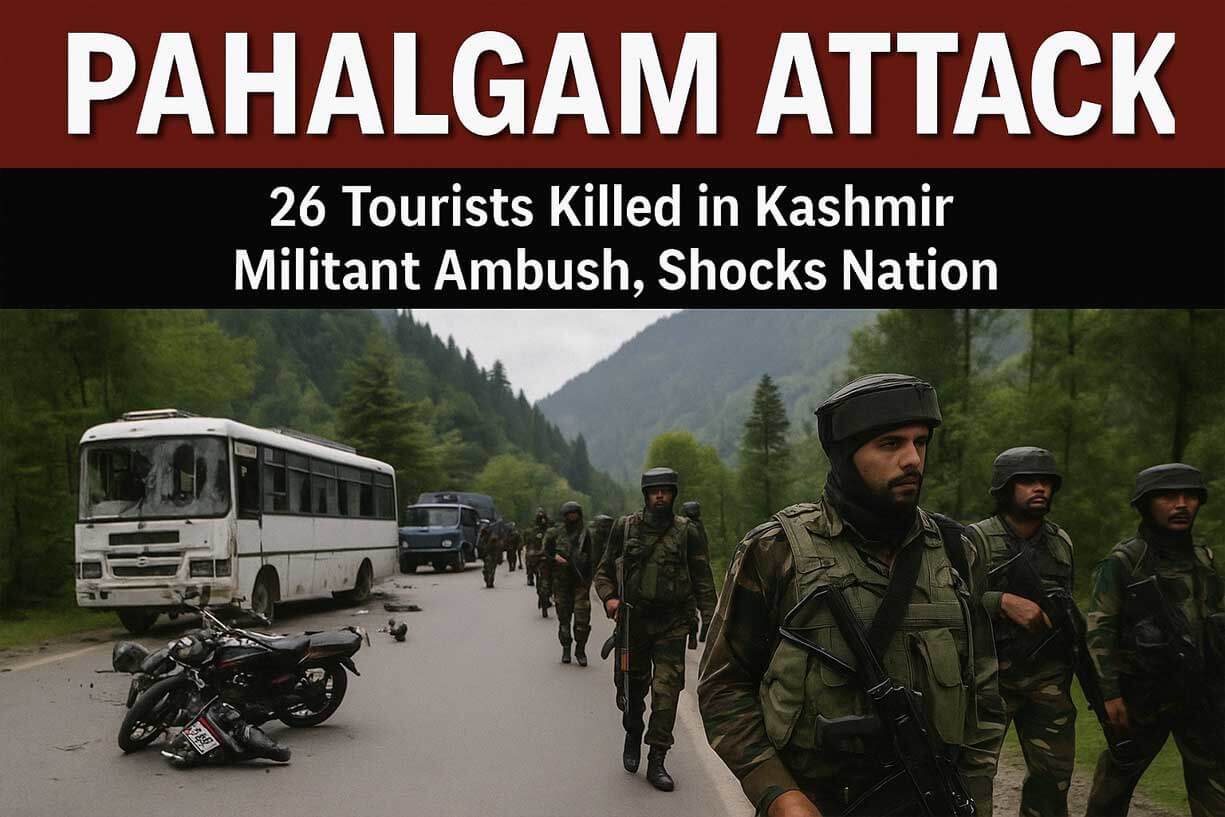In one of the deadliest civilian attacks in India since the 2008 Mumbai siege, 26 lives were lost and 17 more injured when militants targeted a group of tourists in the picturesque town of Pahalgam in Jammu and Kashmir. The massacre has cast a dark shadow over the valley, shattering a period of calm and abruptly halting the region’s blooming tourism revival.
The Attack
On the evening of April 22, gunmen ambushed a group of tourists — 25 Indian nationals and one Nepalese citizen — who were exploring the scenic trails of Pahalgam, a destination popular for its natural beauty and peaceful ambiance. Eyewitnesses reported gunfire erupting suddenly, catching the group off guard and creating panic among bystanders.
The militant group “Kashmir Resistance” later claimed responsibility, stating that the victims were allegedly connected to Indian security agencies — a claim vehemently denied by Indian officials and dismissed by the victims’ families.
Nation in Mourning, Leaders Respond
Prime Minister Narendra Modi, cutting short a diplomatic visit to Saudi Arabia, returned to Delhi and convened high-level security meetings. “This heinous act will not go unpunished,” he vowed, pledging swift and decisive action against those responsible.
Home Minister Amit Shah traveled to Kashmir the following day to meet with grieving families and oversee security arrangements. He assured the public that the government is fully committed to restoring peace and bringing the perpetrators to justice.
Widespread Outrage and Protest
The attack has sparked national outrage. Across Kashmir, protests erupted, with many locals expressing sorrow and anger at the violence. In a powerful act of protest, prominent regional newspapers including Greater Kashmir and Rising Kashmir published blank front pages, symbolizing the collective grief and frustration of the people.
Political leaders across party lines have condemned the violence. Congress President Mallikarjun Kharge and MP Rahul Gandhi urged the government to ensure that such attacks never recur, while offering condolences and support to the victims’ families.
Security Clampdown and Fallout
In the wake of the attack, security forces have launched an extensive manhunt, setting up checkpoints, conducting house-to-house searches, and detaining several suspects for questioning. Intelligence agencies are on high alert, concerned about a possible resurgence of militant activity in the region.
The incident threatens to derail the recent progress in Kashmir’s tourism sector, which had been witnessing a revival after years of instability. The valley, often described as a “paradise on Earth,” has again become a ground of sorrow and uncertainty.
A Nation Unites in Grief
From politicians to public figures, voices across India have condemned the attack. Indian cricketer Mohammed Siraj expressed his anguish on social media, writing: “This isn’t a fight. It’s a massacre. The terrorists must be punished without mercy.”
As the nation mourns, the victims’ families prepare for farewells that came far too soon. Candlelight vigils are being held across cities, as citizens from all walks of life come together in solidarity, seeking justice and peace.
Looking Ahead
The Pahalgam attack is a grim reminder of the fragility of peace in conflict-prone regions. It calls for renewed focus on security, dialogue, and reconciliation. While justice must be swift, the long-term goal remains unchanged: ensuring that Kashmir — and the families who lost loved ones — find peace, stability, and healing.
Disclaimer:
This article is based on information available from verified news sources as of April 23, 2025. The details included herein are intended for informational purposes only and reflect the situation at the time of writing. Events may evolve as investigations continue and more facts emerge. The views expressed do not represent any political or ideological stance, and all efforts have been made to report the incident accurately and respectfully. Readers are advised to refer to official statements and trusted news outlets for the latest updates.






